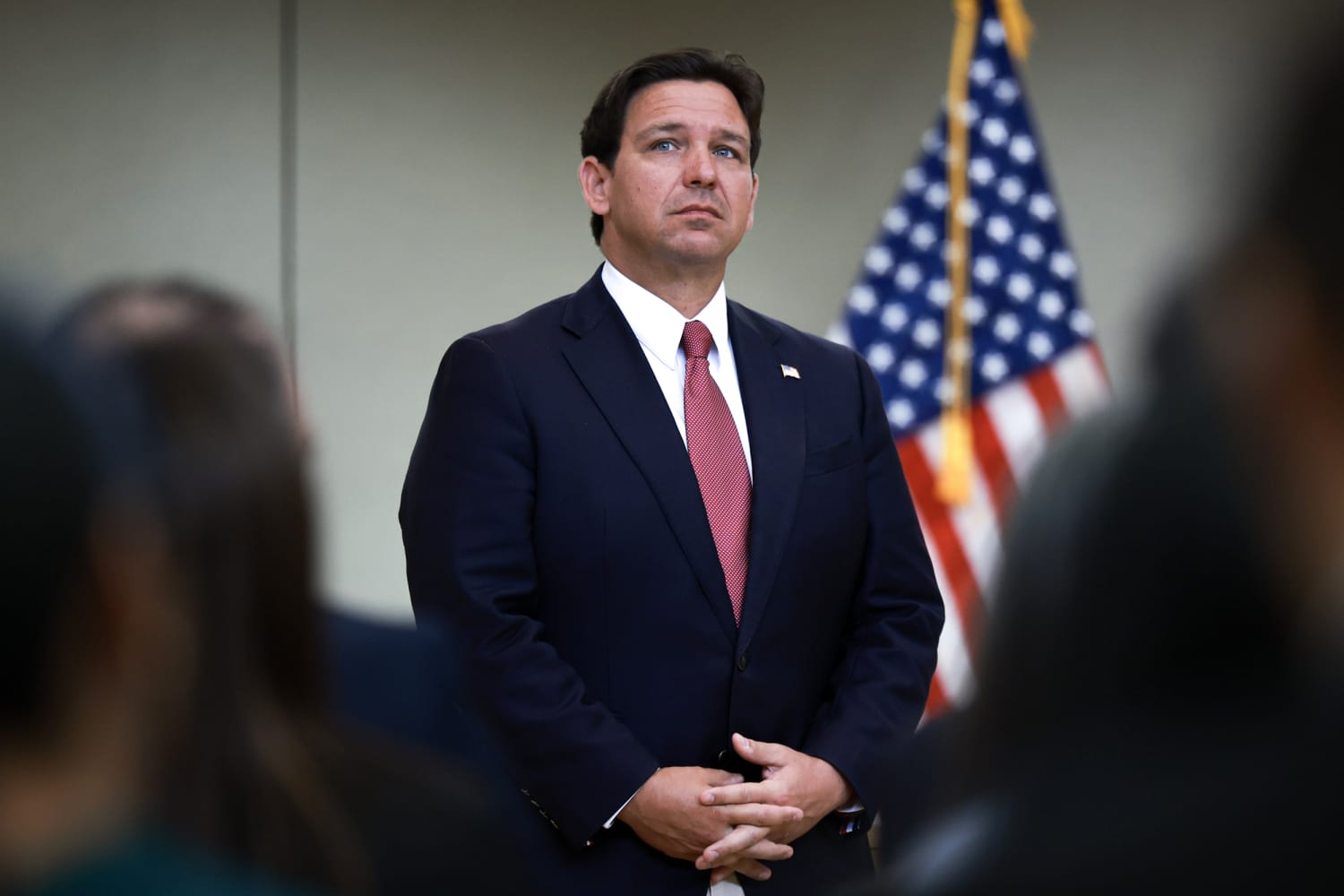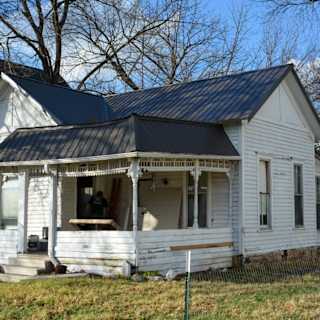- House Takes Lead on 2026 Initiative
- Political Tensions and Public Support
- Constitutional Hurdles Ahead
Florida lawmakers ended their extended legislative session this week without delivering the property tax relief Governor Ron DeSantis had championed, leaving his $5 billion rebate proposal on the cutting room floor and shifting focus to a constitutional amendment for the 2026 ballot.
Despite DeSantis's push for immediate $1,000 rebates for homesteaded properties, the Republican-controlled legislature adjourned Monday night with no tax relief package, forcing the governor to pivot entirely to his longer-term goal of eliminating property taxes through voter approval.

The Florida House has formed a select committee to craft property tax reform proposals for the 2026 ballot, with plans to hold public listening sessions this summer before presenting recommendations next session12. House Speaker Daniel Perez announced the committee will examine five potential reforms, including requiring local governments to hold referendums on eliminating property taxes and dramatically expanding homestead exemptions2.
"It's my intention to pass our House property tax plan during the first week of the 2026 Session," Perez said, signaling the House will move forward with or without DeSantis's input2.
The committee represents a shift in power dynamics, with Perez criticizing DeSantis for failing to provide specific legislative language despite months of public advocacy for property tax elimination34.
Relations between DeSantis and legislative leaders grew strained during the session, with the governor declaring any budget containing sales tax cuts would be "dead on arrival"1. The standoff contributed to extending the legislative session into June as leaders struggled to reach consensus on tax policy1.
Public polling suggests DeSantis may have voter sentiment on his side. A survey of 1,200 Floridians conducted in April found 46% support eliminating property taxes compared to 32% who prefer sales tax reductions1.
Any property tax elimination would require a constitutional amendment approved by 60% of Florida voters12. Property taxes currently generate approximately $50-55 billion annually for local governments and schools, raising questions about replacement revenue sources3.
DeSantis has suggested foreign tourists and increased sales taxes could offset the lost revenue, though critics warn of potential cuts to essential services or the need for alternative taxes14.
"Property taxes effectively require homeowners to pay rent to the government," DeSantis said when announcing his original rebate proposal in January5.
The governor's broader vision extends beyond homesteaded properties to include rental properties, commercial real estate, and business equipment, though the House committee's scope remains narrower3.



